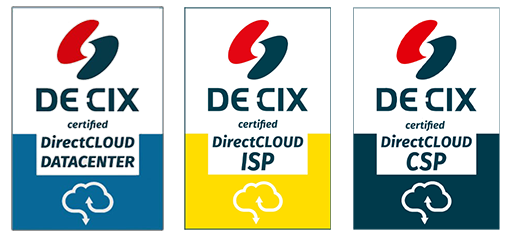DevOps
DevOps is an approach to software development and operations that unites the processes of Development and Operations. The goal of DevOps is to increase the speed, quality, and reliability of software delivery through automation, collaboration between teams, and continuous integration.
What is DevOps
The term DevOps comes from the combination of Development and Operations. It describes a culture of collaboration between developers and system administrators aimed at shortening the software delivery cycle.
DevOps is not a profession in the traditional sense but rather a philosophy and a set of practices that include automation, version control, testing, deployment, and monitoring. The main idea of DevOps is to eliminate the barriers between development and operations so that new features can be released quickly, stably, and securely.
How DevOps Works
DevOps is built on several key principles:
- Continuous Integration (CI) – automatically testing and merging developers’ code into a shared repository.
- Continuous Delivery (CD) – automatically deploying changes to testing or production environments.
- Infrastructure as Code (IaC) – managing servers and networks using configuration files instead of manual setup.
- Monitoring and Feedback – continuously tracking system performance to detect and fix issues quickly.
Typical DevOps tools include Git, Jenkins, Docker, Kubernetes, Terraform, Ansible, Prometheus, and Grafana. Together, they create flexible, scalable environments where updates are deployed without downtime.
Use Cases
DevOps is widely used in:
- Web and mobile application development;
- SaaS and cloud platforms;
- Banking and telecommunications – to ensure system stability and security;
- Industrial and IoT solutions – for managing infrastructure and updates.
Service providers and IT companies adopt DevOps practices to reduce time-to-market, minimize errors, and improve system resilience.
Advantages
Key benefits of DevOps include:
- Speed – faster software releases without delays between departments;
- Reliability – automated testing and monitoring reduce failures;
- Flexibility – infrastructure can be managed as code and easily scaled;
- Collaboration culture – developers and operations teams work as one.
As a result, businesses gain stable, predictable releases, while users benefit from higher-quality services and faster feature delivery.
Frequently Asked Questions (FAQ)
DevOps is primarily an approach that unites developers, testers, and system administrators under a shared culture of collaboration. However, there is a profession called DevOps Engineer — a specialist who implements these practices and maintains automated infrastructure.
In the traditional model, developers create code, and administrators deploy and maintain it manually. DevOps automates and integrates these processes into a continuous pipeline, reducing errors, speeding up releases, and ensuring consistent quality through CI/CD tools.
The core DevOps tools include:
- Git and Jenkins – for CI/CD;
- Docker and Kubernetes – for containerization and orchestration;
- Ansible and Terraform – for infrastructure automation;
- Prometheus and Grafana – for monitoring and visualization.
Toolsets vary depending on project scope and requirements.
DevOps reduces time-to-market, increases system stability, and lowers maintenance costs. Through automation, companies can respond to changes faster, release updates without downtime, and improve user experience — a crucial factor in today’s competitive IT landscape.






